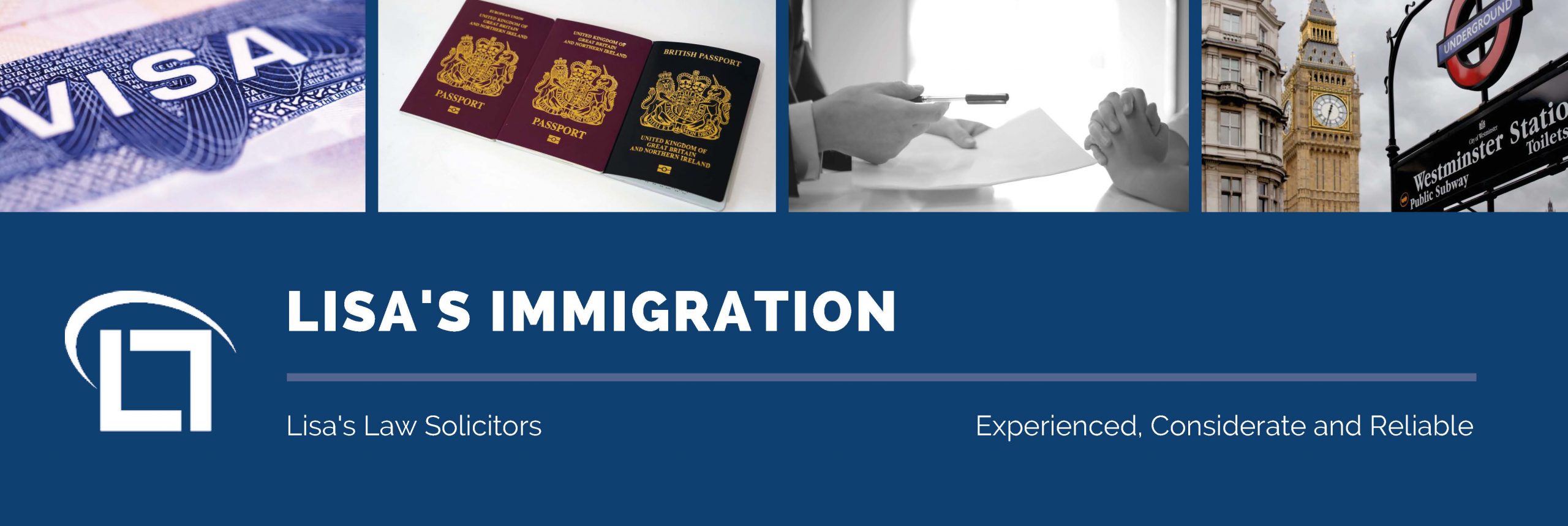This year has been a difficult one for many people due to the strains of COVID-19. Everyone has had to alter their way of life, people have been very ill and there has been extra pressure on healthcare professionals. Without the doctors, nurses, carers, and paramedics who dedicate their lives to helping others we would be in a far worse off position than we are right now.
To acknowledge all the admirable work of these healthcare workers, the Home Office has offered the following support to foreign healthcare workers: https://www.gov.uk/coronavirus-health-worker-visa-extension
All health care workers and their family members will receive 12 months visa free of any Home Office fees and Immigration Health Surcharge (IHS).
The IHS fee currently stands at £624 per year for adults and £470 for minors. This extension will cover healthcare professionals working in the NHS and those in the independent health and care sector.
You may remember a similar announcement earlier in the year offering free visa extensions for health professionals whose visas were due to expire between 31 March 2020 and 1 October 2020. This new announcement brings the extension right the way to March 2021. It is no less than what these brave individuals deserve!
In the announcement, the Home Secretary promised that applying for this extension will be quick and simple, only having to fill out a short online form.
A link can be found here to get an email update on when applications are open: https://www.gov.uk/coronavirus-health-worker-visa-extension

Although it is good to see that the Home Secretary has finally acknowledged the hard work of these service workers, the policy has been applied discriminatorily against family members of domestic healthcare workers.
Under the Home Office’s current policy, such offer is only available to the healthcare workers who need visas to work in the UK. Only when their visas fall to expire and are due to renew, their family members can then apply for 12 months free extension with them. If they do not need visas to work in the UK, like British nationals and those who have permanent residence in the UK, their family members will not benefit from this concession and will have to pay the relevant visa fees and IHS fees. For more information on this issue, please refer to our previous article:
Free visa extensions for family members of NHS workers – but only if you are NOT British?
This policy clearly does not make any sense and is irrational. We strongly believe that all healthcare workers and their family members should be treated equally.
Bereavement Scheme
As well as the free visa extension, all NHS and health care workers have been added to the Bereavement Scheme. This scheme is there to protect family members and dependants of these workers.
Non-EEA family members of any NHS worker, including support staff, or a healthcare or social care worker who dies as a result of coronavirus, will receive immediate indefinite leave to remain, free of charge.
The family member must have been working for the NHS in any role or working for an independent health and care provider, including the social care sector.

Health and Care visa
Eligible healthcare workers, along with their dependants, can also apply for the new fast-track Health and Care visa.
You can apply for a Tier 2 (Health and Care) visa if:
- you have a job offer from the NHS, an organisation providing medical services to the NHS or an organisation providing adult social care
- you are from outside the European Economic Area (EEA) and Switzerland
- your sponsor has told you that you are eligible for it
You must be a qualified:
- doctor
- nurse
- health professional
- adult social care professional
More information about this visa is available here: https://www.gov.uk/tier-2-health-care-visa
EU Settlement Scheme
Healthcare workers who are EU, other EEA or Swiss citizens, or their family members, also have until 30 June 2021 to apply to the EU Settlement Scheme. You can learn all about the EU Settlement Scheme from our article:
A Clearance of the Past? – How Can You Benefit From the EU Settlement Scheme?

Have questions? We are open as usual!
We are open as usual throughout lockdown! We are ready to provide you with a fantastic legal service and there are many ways for you to contact us!
Call us on 020 7928 0276, phone calls are operating as usual and will be taking calls from 9:30am to 6:00pm.
Email us on info@lisaslaw.co.uk. Our caseworkers are tending to their cases with the same professionalism and efficiency as always.
Use the Ask Lisa function on our website. Simply enter your details and leave a message, we will get right back to you: https://lisaslaw.co.uk/ask-question/
Or, download our free app! You can launch an enquiry, scan over documents, check progress on your case and much more!
Links to download below:
iPhone: https://apps.apple.com/us/app/lisas-law/id1503174541?ls=1
Android: https://play.google.com/store/apps/details?id=com.lisaslaw































